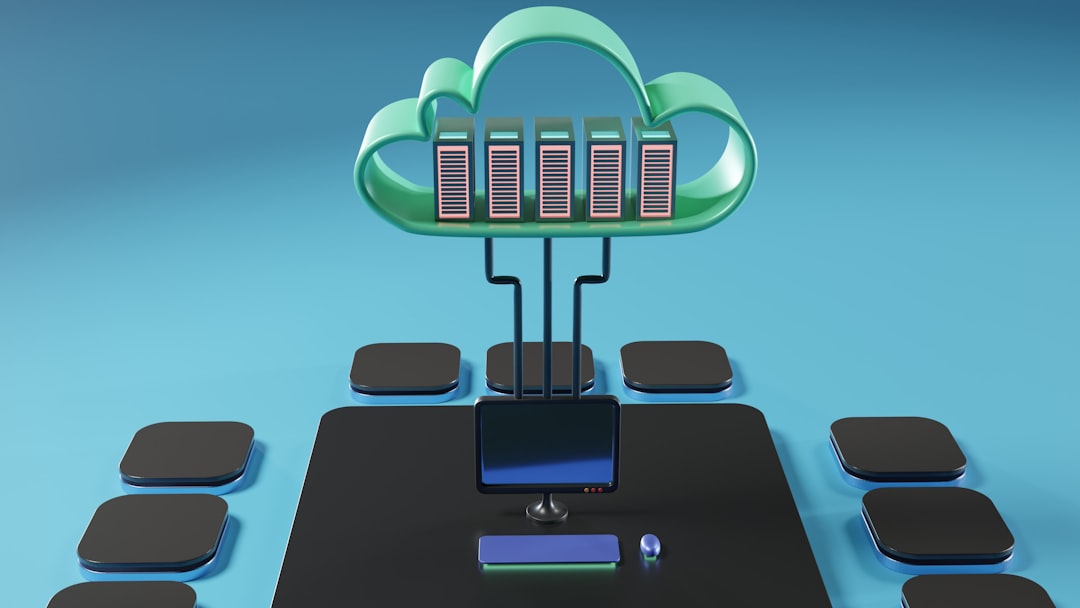**The world of containerization is rapidly evolving, and understanding Docker’s alternatives is crucial as we head into 2025.** Docker has long been a staple in the development and deployment of software, offering consistency and isolation across environments. However, limitations in its architecture and the ever-increasing demands of businesses for more scalable, efficient solutions have put Docker’s competitors in the spotlight. Let’s delve into some of the most promising Docker alternatives that are gaining traction and define how they set themselves apart as we look towards the future.
As tech enterprises gravitate towards cloud-native applications, the demand for versatile container platforms grows. Kubernetes, for instance, once just a complementary tool, has matured into a robust container orchestration platform, often seen replacing Docker as the preferred choice due to its scalability and open-source backing by the Cloud Native Computing Foundation (CNCF). Kubernetes excels at automatic scaling and balancing loads across various environments, presenting itself as a competent option to Docker’s native tools.
What’s notable in 2025 is the emergence of Red Hat’s OpenShift, which combines both Docker and Kubernetes technologies, providing an enterprise-ready environment and seamless user experience. As organizations demand greater security and streamlined integration, OpenShift’s approachable interface and strong support network make it an attractive alternative for businesses focused on enterprise solutions.
The shift is not just towards established names; it’s also about recognizing innovation from newer options. Podman, for example, positions itself as a more secure and rootless alternative to Docker. Its daemon-less architecture allows for improved security measures by minimizing vulnerabilities related to root-user access, aligning well with stringent cybersecurity policies.
Then there’s containerd, an industry-standard core container runtime that is becoming part of the underlying Kubernetes ecosystem. Initially crafted by Docker, containerd has been simplified and heavily optimized for use with Kubernetes, focusing on manageability and performance in distributed systems.
In this era, Amazon’s Firecracker stands out as another significant option, designed to manage lightweight, microVMs with minimal overhead, ensuring resources are efficiently used – a boon for serverless computing applications. Backed by Amazon Web Services, Firecracker is specifically engineered for high-density deployments and can significantly reduce costs without compromising performance.
As businesses in 2025 pivot towards solutions that bolster productivity and agility, the need for diverse containerization strategies becomes critical. Enterprises are not just replacing Docker; they’re embracing hybrid, multi-cloud environments where different platforms collaborate, offering nuanced benefits tailored to specific applications.
Moreover, tools such as Rancher and LXC/LXD are becoming preferable choices in specific use cases where Docker-like containerization isn’t the most efficient choice. Rancher provides a powerful way to manage Kubernetes clusters efficiently across multiple clouds or data centers. LXC/LXD, another alternative, pushes beyond traditional containers, offering an experience that’s closer to virtual machines but lightweight like Docker containers, providing enhanced resource isolation.
In conclusion, while Docker’s significance in kickstarting the container revolution can’t be understated, exploring its alternatives provides exciting prospects for organizations keen on staying competitive. The future of containerization is diverse and distributed, with options evolving to meet rapidly changing business and technology needs. Businesses anticipating the shift can be expected to leverage multiple tools from simple container engines to sophisticated orchestration solutions, positioning themselves advantageously in a complex digital landscape. The horizon looks promising as we advance toward a new age of computing efficiency and innovation.
Computing & Cloud
Top Docker Alternatives 2025












Leave a Reply